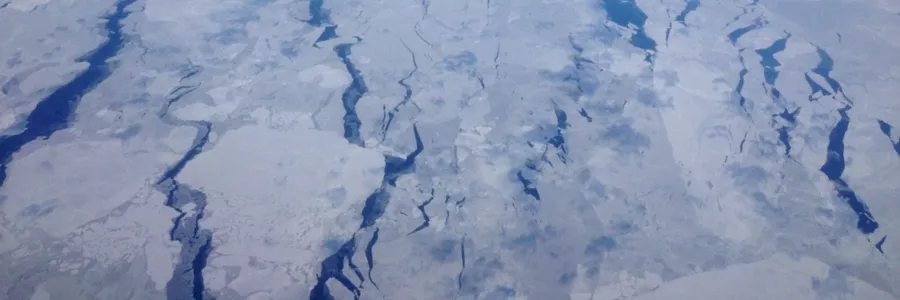Research areas we focus on with scientists across the world
Our research addresses major societal issues, including:
- the role of ocean circulation on the global climate system
- the influence of ocean-atmosphere coupling on climate variability and change
- how to forecast water levels, currents, winds, salinity and water temperatures
- interactions between physical and biogeochemical processes in shelf seas
- the impact of sea-level rise and flooding on the coast communities and ecosystems
Our specific research efforts include:
- understanding why the ocean is changing regionally and globally, with a focus on water masses, currents and mixing, the impact on the climate, and ecosystems
- investigating the processes determining the rate, structure and climatic role of the global overturning circulation
- determining the impact of the retreating cryosphere on ocean circulation, sea level and climate variability
- reducing the uncertainty in climate models and using efficient Earth model systems to quantify the impact of carbon and climate feedbacks on future warming and sea ice retreat
- exploring methodologies for increasing resilience to environmental hazards
- developing techniques to continuously monitor or collect high spatial and temporal resolution data
